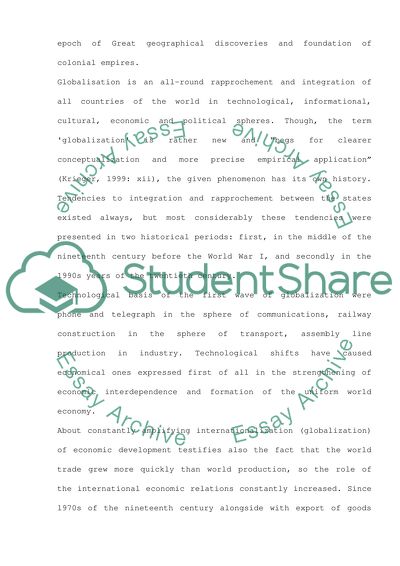Cite this document
(“Marxist view on globalisation Essay Example | Topics and Well Written Essays - 2500 words”, n.d.)
Retrieved from https://studentshare.org/miscellaneous/1500334-marxist-view-on-globalisation
Retrieved from https://studentshare.org/miscellaneous/1500334-marxist-view-on-globalisation
(Marxist View on Globalisation Essay Example | Topics and Well Written Essays - 2500 Words)
https://studentshare.org/miscellaneous/1500334-marxist-view-on-globalisation.
https://studentshare.org/miscellaneous/1500334-marxist-view-on-globalisation.
“Marxist View on Globalisation Essay Example | Topics and Well Written Essays - 2500 Words”, n.d. https://studentshare.org/miscellaneous/1500334-marxist-view-on-globalisation.


